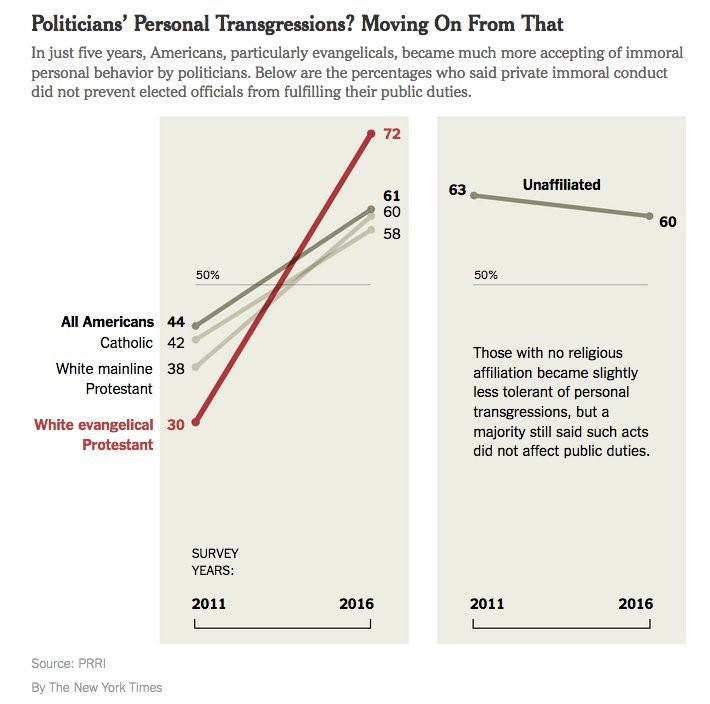
Original artwork by Marisa Draeger
“The conservative perceives the need for prudent restraints upon power and upon human passions.” Russell Kirk – Ten Conservative Principles
Ever since Hollywood discovered the money-making enterprise of cranking out super-hero movies, crime-fighting, spandex donning characters that were previously only known to the sort of people who attend Comic-Con International have become household names. As The Onion hilariously noted, “Green Lantern is a superhero with fans around the world who everyone certainly knew about before they saw the movie’s trailer.” Yeah. Right.
These capped crusaders are so ubiquitous that even in my profession—the unenchanting world of auditing and accounting—the Journal of Accountancy recently ran an article entitled Which Superheroes Would Make the Best CPAs?. I wish that were a joke.
While these films have ranged from cinematic masterpieces (The Dark Knight) to overhyped flops (Suicide Squad), the fact that some franchises have become billion-dollar box office hits practically guarantees Hollywood will continue to crank these films out for many years to come.
The reasons for the success of these films are doubtless numerous and complex. Though not a film critic, I believe I could take an educated guess at one of those reasons: to some degree we all want to be the heroes we see on the big screen. Who among us doesn’t find the idea of possessing superpowers appealing? In fact, our desire for power is as universal as the desire for nourishment, acceptance, and security.
While some people may have inordinate desires (such as the glutton has for food or the salacious has for sensual pleasures) I believe it can be quite difficult to know the true extent of your desires until you are made to do without. I’ve never had an uncontrollable desire for food—at least not in the sense that I’d be willing to risk my life for my next meal. But I’ve also never been in a position where I was starving and had no idea where my next meal would come from. The desire to eat is universal, but it is more apparent where people are starving.
I had never fancied myself to be the sort of person who desired power until I was put in a situation in which I was quite powerless. Not that long ago my girlfriend suffered a major health crisis that doctors were at a loss to explain or treat. A few weeks into the crisis—when it became apparent things weren’t just going to go back to “normal” and that they could easily get much worse—we grew more desperate. What I wanted in that moment, more than anything, was the power to make her better.
There were daily prayers for wisdom, strength, healing, or just some sign that God was in this somehow and everything was going to be “OK”—even if we had no concept of what “OK” actually meant. As time wore on the tone and tenor of my prayers went through the five stages as denial turned to anger which turned to bargaining which turned to depression which turned to some nominal form of acceptance which I still struggle to maintain. My faith was buoyed only by the realization that the question of suffering is one that theologians has wrestled with down through the ages.
I say this not to be macabre but to illustrate how this natural desire for power manifests itself in all of us under the right circumstances, even if we aren’t the sort of people who would otherwise desire it. What I wouldn’t have given for the power to control the situation! The yearning for power had indeed become an obsession. My girlfriend’s health ultimately stabilized enough for us to have confidence her life was not in danger. But what followed has been years of further recuperation as she continues to battle a debilitating illness and rapidly evolving symptoms.
Feeling powerless can be terrifying. And in those moments, unrestrained passions can lead a person to do things they’d otherwise think unthinkable. Even if you’ve never fantasized about possessing superhuman strength or speed or the ability to read minds, we all face challenges and misfortunes in life that we yearn to overcome and rise above. You don’t have to be a manically laughing, power-hungry supervillain for this to be true. We all desire power. And that is the single most destabilizing aspect of human nature to the other thing we all desire: peace and tranquility in our domestic affairs.
Like any other natural desire, the desire for power isn’t good or bad in and of itself. Ethics don’t enter in until we consider the extent or timing or spirit or purpose of the desire. It isn’t just superheroes who don caps and spandex costumes after all. A good superhero story needs a supervillain.
The idea that we shouldn’t entrust ultimate power to just anyone is hardly controversial. But agreeing upon prudent restraints on power certainly is. Not everyone deserves to don the spandex. And some powers should never be granted to anyone—no matter how good or wise we may judge them to be. Inventiveness and technology allows humans to conquer nature; but that power is fleeting, for human nature—which is a part of nature—means that the more powerful the invention, the more devastating its misuse when placed in the wrong hands.
The conservative believes prudent restraints are necessary for liberty to flourish in a just and ordered society in two broad areas: 1) the powers of the state and 2) the passions of the individual. In this series I’d like to explore both of these ideas, beginning with the prudent restraints upon the powers of the state in Part 2.
from savingelephantsblog
via https://www.savingelephantsblog.com/saving-elephants-blog



